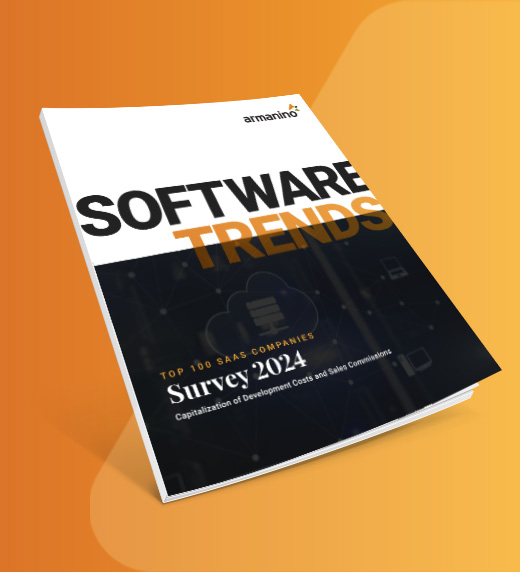
For more than a decade, the U.S. has seen a shrinking supply of accountants — with no end in sight. Demographics are one reason: As of 2020, an estimated 75% of CPAs had reached retirement eligibility. The pipeline of new CPAs is also contracting, as college students reject accounting in favor of what they think are more lucrative fields like banking or engineering.
The CPA shortage makes it even harder to fill SEC reporting roles, especially in the technology industry, which can put companies in danger of missing reporting deadlines and even worse, reputational damage. Here’s why it is so hard to find — or keep — SEC reporting talent, and five warning signs that your company’s SEC reporting may be at risk.
In addition to the general CPA shortage, there are several factors driving the dearth of SEC reporting professionals.
Accounting students often shy away from SEC reporting, because it typically adds nearly two years to the already lengthy training for CPA licensure. Many CPAs who do focus on SEC reporting find the stress, pay and quality of life not what they expect, which leads them to make a career change.
SEC reporting roles also are often considered a stepping-stone to more highly compensated positions, like controller, that offer a direct route to becoming VP of Finance or CFO. And areas like corporate strategy, financial planning and analysis (FP&A), mergers and acquisitions (M&A) and investor relations (IR) all typically offer higher compensation, including additional equity compensation, for CPAs. This all leads to high turnover in SEC reporting.
The shortage of SEC reporting talent is even more pronounced in the tech industry, where the pace of regulatory change and the complexity of the sector’s accounting make SEC reporting particularly demanding. Tech’s common SEC reporting challenges include complex revenue recognition, frequent equity-based compensation, a high volume of M&A activity, rapid growth, R&D capitalization and expense timing, non-GAAP disclosures and cybersecurity and data privacy risks.
Will the shortage of SEC reporting talent impact your company? Consider the following warning signs and their consequences.
Server manufacturer Super Micro Computer (Supermicro) is a high-profile example of how reporting challenges can inflict damage on a tech company.
On August 2024, Supermicro delayed its 2024 10-K annual report and the first two quarterly reports for fiscal 2025, citing accounting problems. In October 2024, auditor Ernst & Young resigned, stating it was no longer able to rely on management's and the Audit Committee's representations. Supermicro appointed BDO as its new auditor in November 2024, and BDO later affirmed that the company's financial statements were accurate. But, the harm was done.
Supermicro included the following statement in its 2024 SEC 10-K filing:
If any of the above warning signs sound familiar, it’s time to reevaluate your SEC reporting function. And a lack of in-house expertise doesn’t have to hold you back. Whether you’re publicly traded or preparing for IPO, Armanino can help you fill your accounting talent gaps. Find out how our SEC technical accounting experts can provide efficient, tailored solutions to your SEC reporting challenges.
If you have any questions or just want to reach out to one of our experts, use the form and we'll get back to you promptly.


